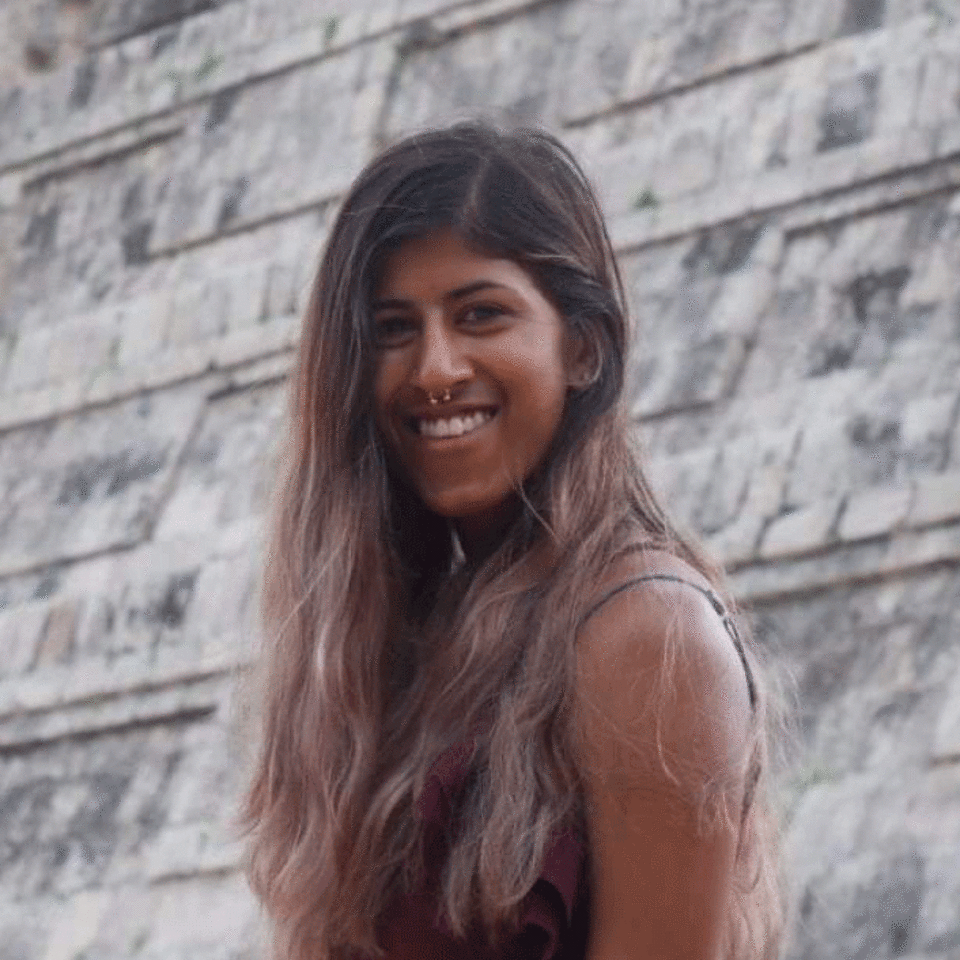Dayanitha Damodaran has recently started at Dragonfly, where she is working on a range of projects related to shellfish, including ongoing research with the Pāua Industry Council and annual bivalve surveys in northern New Zealand.
The annual bivalve surveys collect population information of cockles and pipi, and also determine the grain size and organic content of sediment at the different intertidal sites. The current analysis of the multi-year data set is aimed at identifying the influence of these sediment characteristics on cockle populations.
The role of sediment and its influence on bivalves was also part of Dayanitha’s master’s degree in marine biology, which she completed in May this year.
“I studied how shellfish (cockles and tuatua) respond to stress in their environment by decreasing the salinity, and increasing the temperature and sediment loading in their tanks. Every day I checked their behaviour, and I took weekly samples for dissection to see how their cells were being affected at a microscopic level.”
She found the biggest behavioural changes in the salinity experiments, but increased sediment loading caused the bivalves to die relatively quickly.
Dayanitha was particularly keen to identify and trial a behaviour response to stress in tuatua – how long it took for the foot to retract. Tuatua use their retractable foot to anchor themselves in the sediment, and their burying ability is an indication of their overall condition. Although more research is needed, the timing of this behavioural response is a potential method for citizen science for determining the condition of bivalves at local beaches and estuaries.
“Analysing my own data from the shellfish work ended up being one of the most fun parts of my postgrad project. I have a lot of data science in my family and the more stats I did, the more I enjoyed it – hence wanting to work at Dragonfly.”
“It’s a really interesting place because of the people and the range of different clients. It’s giving me a unique perspective on marine science in New Zealand and how all the pieces fit together. Long-term I want to do a PhD and research in marine science, so working at Dragonfly is great exposure and training in lots of different areas.”
Read more about our cockle and pipi surveys in northern New Zealand.


